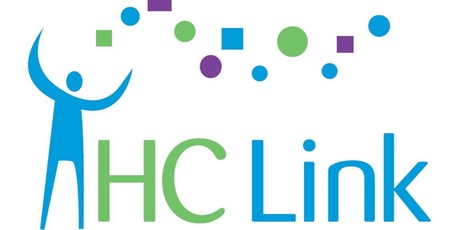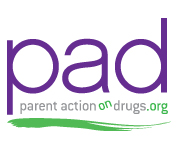Please note: Eastern Time Zone
To effectively prevent harms related to cannabis use among adolescents it is valuable to understand what youth believe are the effects associated with the drug and what can influence a youth to use or abstain. Youth are best suited to inform researchers about where the gaps exist in current cannabis education and awarenss efforts. Findings from the recent qualitative research study, "Canadian Youth Perceptions on Cannabis", can be used to contribute to the valuable data beginning to accumulate regarding youth perceptions on cannabis and aid policy makers, prevention specialists and researchers in developing effective prevention efforts. With changes in cannabis legislation anticipated in the near future, this is of timely concern.
This two-part webinar series covers the methods, findings and practical implications of the "Canadian Youth Perceptions on Cannabis" study conducted by the Canadian Centre on Substance Abuse (CCSA). It discusses the methodological challenges of conducting qualitative research with youth in the non-profit setting, and the implications of research findings on prevention, practice and policy.
Part 2 of this webinar series includes:
- A summary of key points of the study's findings,
- A discussion about the implications of the findings on cannabis prevention, research and policy,
- A panel discussion featuring youth-facing practitioners from The Student Commission of Canada (Centre of Excellence for Youth Engagement), Sick Kids Hospital and Parent Action on Drugs (PAD), and
- A review of the study limitations and future directions for research.
In Part 1 of this series, CCSA presenters focused on methods and findings of their study, issues to consider when doing qualitative research in the non-profit setting and benefits of an integrated knowledge translation approach when undertaking research.
This webinar is organized by HC Link and co-hosted by Parent Action on Drugs and the Canadian Centre on Substance Abuse.



